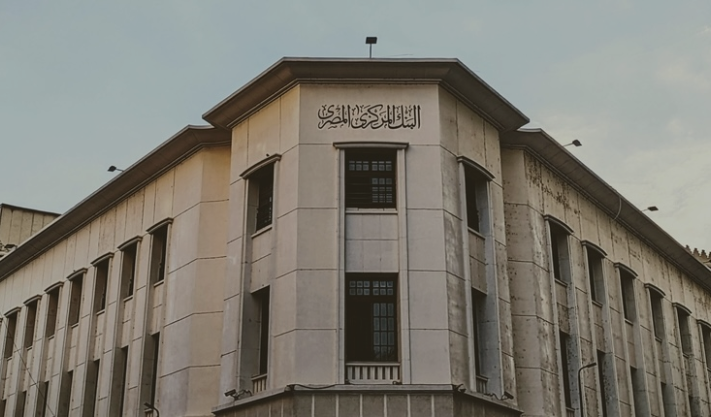Lebanon Agrees on New Plan to Fix and Control Banks
Lebanon’s Cabinet has approved a draft law to change and organize the country’s banking system. This law will help deal with future problems and bring back financial stability.
New Law
A new law has been introduced in Lebanon to help manage problems in the banking sector. Its main goals are to protect people’s bank deposits, explain how financial losses will be shared, and rebuild trust in the banking system. It also hopes to increase financial confidence and help banks support the country’s economy again.
On Saturday, Information Minister Paul Marqus said the law is part of a larger set of changes to fix Lebanon’s financial problems. This is the first time the government has come up with a full plan to reform the banking sector after years of small, separate efforts.
Marqus said, “After approving the draft law to end banking secrecy, we now have a much-needed reform package for Lebanon’s economy, banks, and especially for small depositors.” He added that these reforms match the conditions set by the International Monetary Fund (IMF), which include ending banking secrecy.
Fixing Old Problems
The law also fills gaps in Lebanon’s banking rules that have existed since a bank collapse in 1967. Back then, no strong laws were made to prevent or manage future banking crises. Now, this law is part of a three-step plan to fix Lebanon’s overall financial problems.
The next step will be to write a law that deals with the country’s financial losses. Marqus said all these steps are connected and, together, they will form a complete plan to fix Lebanon’s financial and economic crisis.
Although the Cabinet has approved the banking law, it won’t be fully put into action until the law for the financial gap is also passed. That law is still being worked on. The goal is to bring financial balance and stability back to the country.
The reform gives special attention to small depositors — regular people whose savings were hit hard by the banking crisis. It also protects funds from the National Social Security Fund, pension funds, and the military and security forces.
Marqus said the government will continue working on both reforms. But the financial gap law won’t be ready in time for the next Cabinet meetings, as it still needs more work.
Reaction from the Banking Sector
The new law has been met with cautious hope. Some are worried about how and when it will be put into practice. Lebanon’s banks, once a strong part of the economy, have suffered a lot from poor management, political problems, and the financial crisis.
Marqus said that talks about the law were based on technical and financial facts, not politics or religion. The ministers agreed on the law, though some gave comments that will need to be considered later.
Now, Parliament needs to approve the law. Marqus urged lawmakers to act quickly, saying the government has done its part to move the reforms forward and restore stability.
This law is seen as an important step for Lebanon to win back international trust and get financial help — especially from the IMF — as the country tries to recover from one of its worst financial crises ever.
Published: 14th April 2025
For more article like this please follow our social media Twitter, Linkedin & Instagram
Also Read:
Egypt hikes fuel prices in 2025 to cut subsidy costs
UAE banks’ investments up 16% to $202B in January
Egypt to Issue $2B in Islamic Bonds in 2025: Ministry





